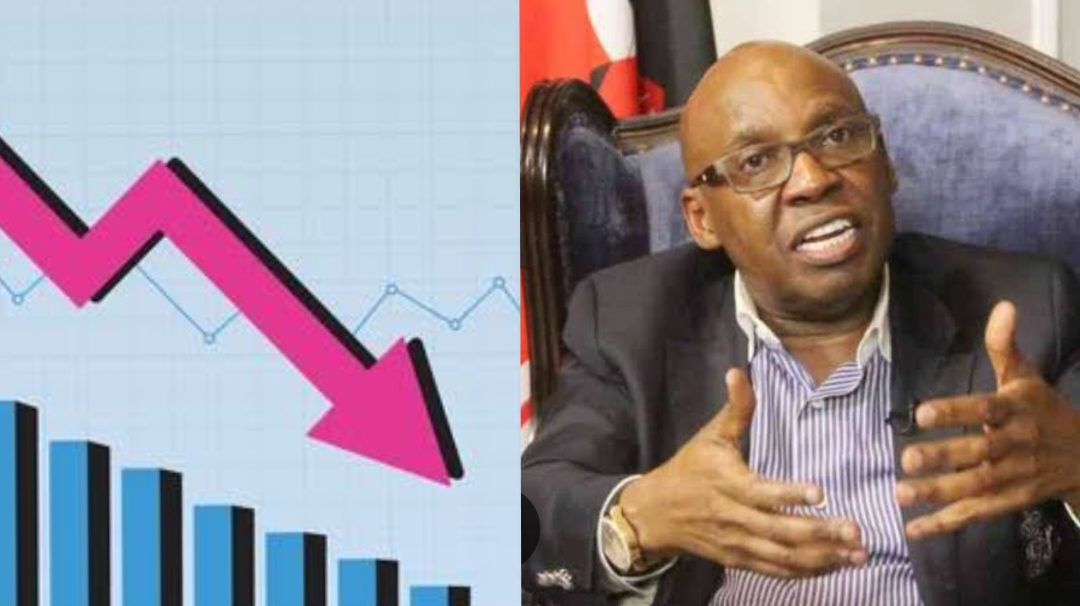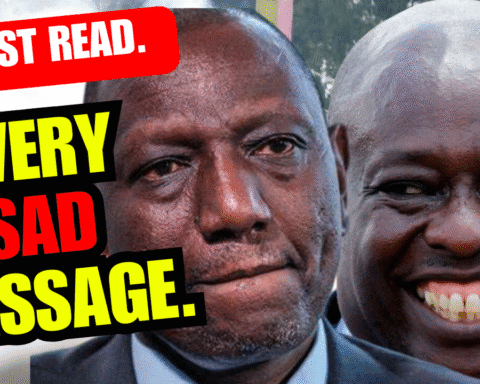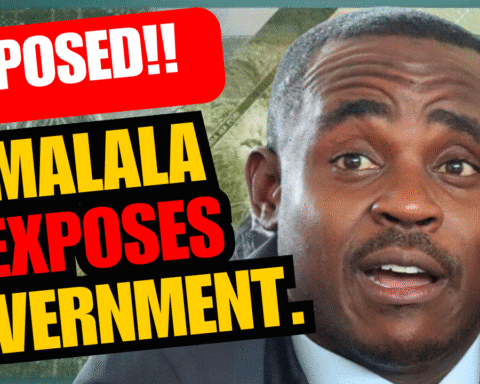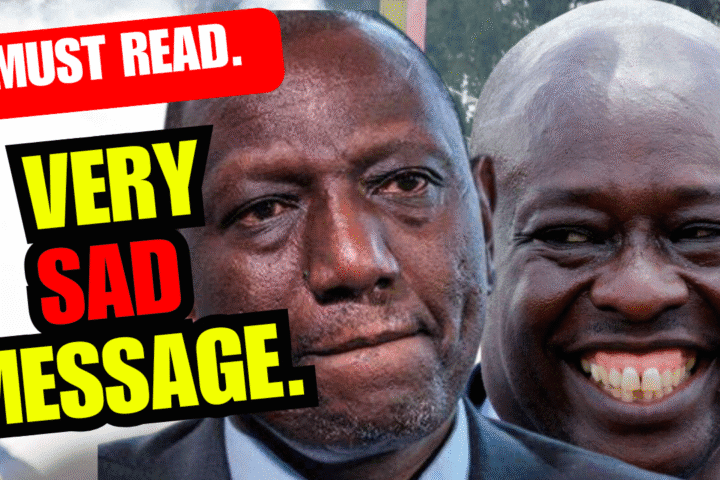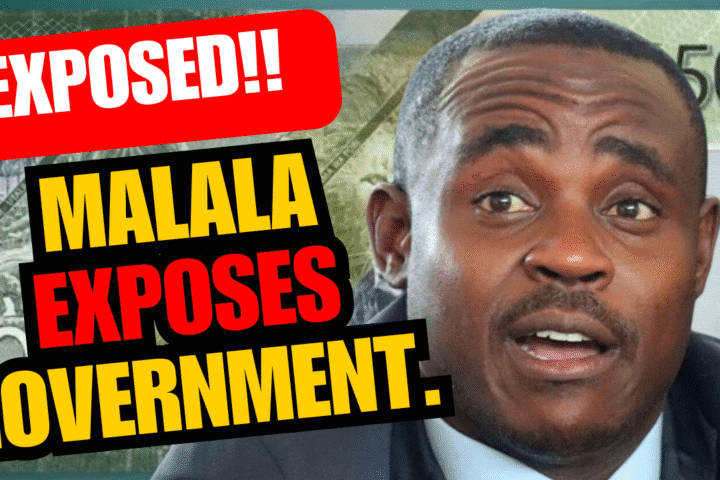The clouds are gathering over Kenya’s economic landscape — and the thunder is getting louder. A firestorm of reactions from the Treasury and Ministry of Foreign Affairs is exposing a truth Kenyans can no longer ignore.
This has been put clear by businessman and political strategist Jimmy Wanjigi who has sounded a stern warning over the state of Kenya’s economy, claiming that the country is teetering on the edge of financial collapse due to poor fiscal management and opaque governance.
In a strongly worded statement, Wanjigi said that recent reactions from the National Treasury and the Ministry of Foreign Affairs point to a desperate attempt by the government to cover up the true extent of the crisis.
“The clouds are gathering,” Wanjigi declared. “There is something fundamentally wrong with the economy, and the government is in a frantic rush to hide it.”
He outlined several key issues that he believes point to a deepening crisis:
1. Off-Course Economy: Wanjigi stated that the economy is not on the right path, and the problem goes far beyond a liquidity crunch. “We are struggling to meet our debt obligations. This is not just a cash flow issue — it’s a structural failure.”
2. Desperate Diplomacy: According to Wanjigi, President William Ruto and the Treasury are under immense pressure and are now seeking debt restructuring and concessional financing. “This is part of the president’s agenda in his upcoming trip to China,” he noted.
3. Budget Process Compromised: Wanjigi alleged that final decisions on the national budget are being made at State House rather than Parliament, in direct violation of the Constitution.
4. Economic Data Manipulation: He accused the government of manipulating GDP figures to exaggerate economic growth. “There’s a deliberate effort to inflate our growth to justify more borrowing,” he said.
5. Debt Default Risk: Wanjigi warned that Kenya faces a real and imminent risk of defaulting on its debts unless urgent measures are taken.
ALSO READ:
-Every second, we sink deeper – Kenya’s alarming dept spiral confirmed by Ndindi Nyoro.
6. Strained Relations With Creditors: He further claimed that lenders such as the IMF and World Bank are becoming increasingly tough on Kenya, slashing loan amounts and imposing stricter conditions.
7. Soaring Interest Payments: Wanjigi highlighted the ballooning debt interest repayments, saying they are severely depleting national revenue and squeezing out other critical areas of expenditure.
8. Unconstitutional Borrowing Practices: He accused the government of taking expensive loans to fund recurrent expenses — an act that contravenes constitutional provisions.
9. Eroding Market Confidence: Wanjigi stated that the Treasury has already signaled to both bilateral partners and markets the possibility of missing debt obligations, which is making future borrowing costlier and riskier.
10. Flawed Tax Strategy: “Raising taxes will not solve this problem,” he warned. “In fact, it could lead to a decline in revenue collection as economic activity slows.”
11. Risking National Assets: Most concerning, Wanjigi claimed that the government is now offering national treasures as collateral for new loans. “This is reckless and endangers the economic future of generations to come.”
Wanjigi urged the government to act decisively and transparently to address the crisis before it spirals out of control. “The time to act is now,” he emphasized. “We must confront this crisis with honesty and restore fiscal responsibility before it’s too late.”


